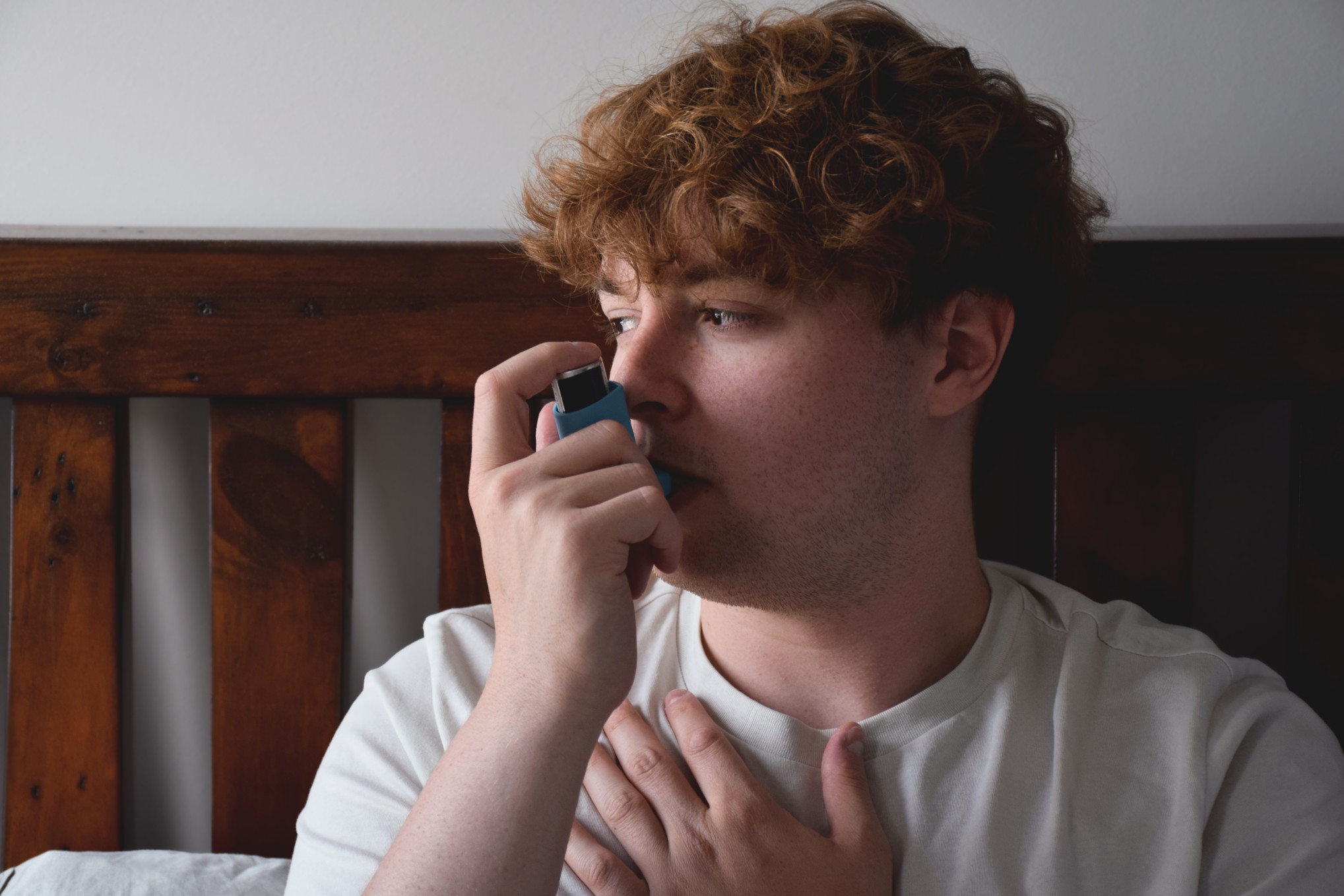Reasons to Learn Basic First Aid

Accidents, injuries, and serious asthma attacks can occur at any time. More often than not, they happen in places where no medical professionals are around to help, which can create a serious hazard for the affected person. The solution? Learn first aid.
First Aid Prevents Tragedies at Home
Around 80% of heart attacks occur at home, as do many injuries and flare-ups of chronic illnesses. Learning how to provide basic First Aid for Asthma, injuries, heart attacks, and other common problems can make a life-or-death difference for family members. If someone in the household suffers from a chronic health problem, it’s even more important to learn how to help.
First Aid Improves Workplace Safety
In some cases, learning first aid can improve job prospects. Depending on the industry, there may be a need for employees that have basic training and can administer first aid in an emergency. More importantly, if one or more workers know first aid, it can substantially improve workplace safety.
First Aid Saves Lives
When the worst happens, having someone present who knows first aid can make a literally life-or-death difference. Research performed by Red Cross shows that around 59% of deaths caused by injuries could be prevented by administering first aid before first responders arrive. The same goes for heart attacks, asthma attacks, and other serious problems.
First Aid Can Reduce Recovery Time
Knowing how to administer first aid doesn’t just help to save people’s lives. It can also help the victims retain a higher quality of life by improving their chances of recovery and reducing recovery time. In some cases, receiving first aid can make the difference between a short recovery period and a permanent disability.
First Aid Can Prevent Medical Complications
Knowing how to administer basic first aid can help to prevent bad situations from becoming even worse. Consider one example: a patient suffers a deep cut and is bleeding profusely. Someone who knows first aid will realize that applying pressure can help to slow the bleeding until first responders arrive, whereas the average American won’t know what to do.
Without intervention, the person could suffer from severe blood loss, which causes additional medical complications. Using first aid can stabilize the patient temporarily until help arrives, reducing the chances that he or she will suffer complications. The same logic applies to people suffering from acute episodes.
First Aid Can Reduce Hospital Time
When someone is seriously injured or suffers acute complications from heart disease, asthma, or another chronic condition, that person will usually require hospitalization to become stabilized. In many cases, administering first aid before the EMTs arrive to transport the patient to the emergency room can reduce hospital time. In some cases, it can even prevent patients from having to go to the hospital at all.
Be Prepared: Learn First Aid
No one can say what the future has in store for loved ones, co-workers, or even strangers on the street. Sudden injuries or illnesses occur frequently, and when they do, the situation will only get worse if no one knows what steps to take until first responders arrive. In an ideal world, no one would ever need to use all of that accumulated knowledge, but there’s always a chance that something will go seriously wrong and someone will need to step up. Be prepared.








